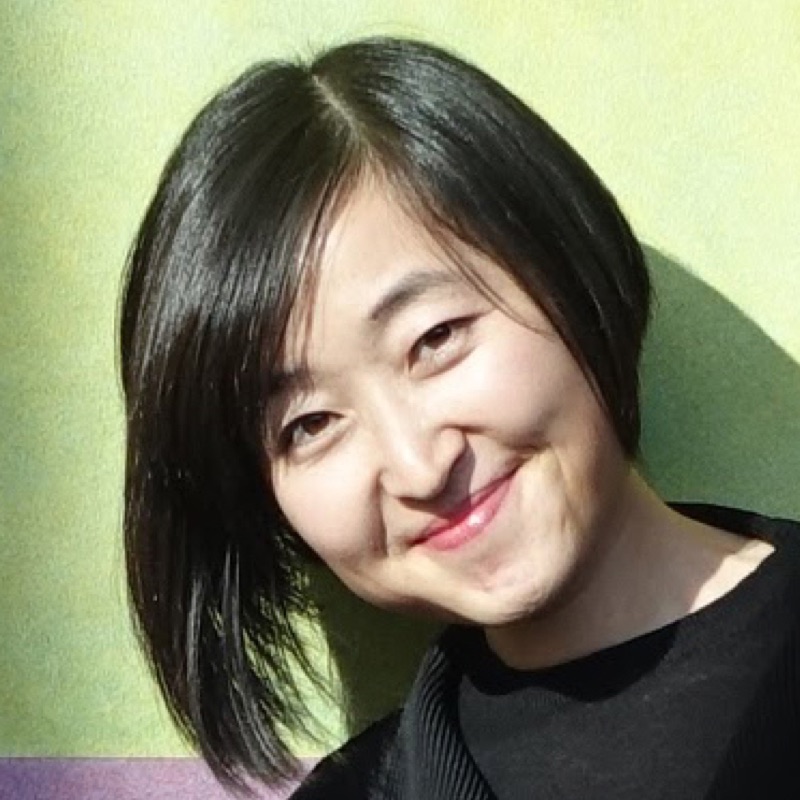Morphing Matter as Both Intelligent Medium and Media
Morphing matter has unique behavior: it is fluidic and morphing, and it travels across the boundary of the physical and the digital. For people designing with its physical medium, morphing matter adds a flavor of programmability and responsiveness; for those designing with its digital medium, it adds tangibility and sensational experiences.
Morphing matter is transforming and mutating. It is an evoking design material as it adds spatial and temporal dimensionality. It reacts, adapts, and evolves; soon it will also grow, replicate, and age.
Morphing Matter is ecological. It recapitulates natural organisms, sourcing and reacting to environmental energy stimuli. It demonstrates the reciprocal relationship between the engineered and the grown.
In this talk, Lining presents recent work conducted by Morphing Matter Lab from the Human-Computer Interaction Institute at Carnegie Mellon University, weaved through with threads about the behaviours and techniques of morphing matter.
About Lining Yao
Assistant Professor at Carnegie Mellon University

Self-folding thermoplastic composites. Bio-hybrid wearable devices. Edible 2D films that become 3D while cooking. Sounds like a season of Black Mirror, right? Lining Yao is actually working on all of these things. Excuse us while we contact Netflix.
Lining Yao is an Assistant Professor at the Human-Computer Interaction Institute (HCII) of Carnegie Mellon University, where she directs the Morphing Matter Lab. Her lab develops materials, tools, and applications of adaptive, dynamic and intelligent morphing matter from nano to macro scales. Research often combines material science, computational fabrication and creative design practices. Lining and her lab work anti-disciplinarily, publishing and exhibiting across science, engineering, design and art.
Lining gained her PhD at MIT Media Lab, where she combined biological and engineering approaches to develop physical materials with dynamic and tunable properties including shape, color, stiffness, texture and density.
Beyond her teaching and research at HCII in the School of Computer Science, Lining is also an adjunct professor of Mechanical Engineering, supervising undergraduate and graduate students across the College of Engineering.